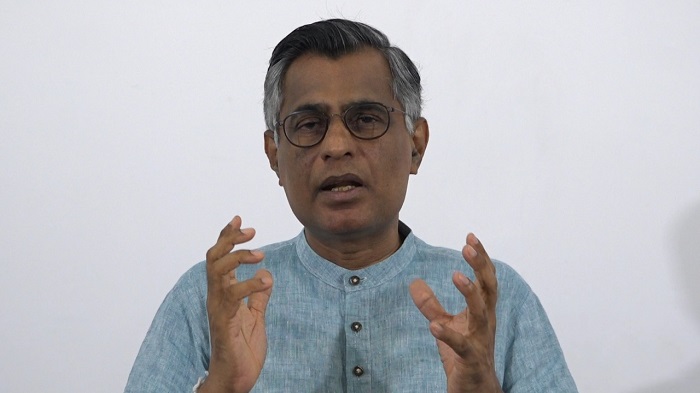
Opposition MP Patali Champika Ranawaka has questioned if the recent electricity tariffs were in line with the structural benchmarks of the International Monetary Fund (IMF).
The Samagi Jana Balawegaya (SJB) MP raised his concern in a letter addressed to the IMF Resident Representative for Sri Lanka Sarwat Jahan.
In his letter, MP Champika Ranawaka stated that he welcomes the implementation of cost-reflective pricing of utilities, as it is important to ensure the financial health of the Ceylon Electricity Board (CEB) as well as the overall financial system.
“We also note that the formula should be grounded on a reasonably robust analysis. However, on the face of it, the formula seems flawed in the computation, regressive on the distributional effects, and lacks awareness of the CEB operation,” he pointed out.
MP Champika Ranawaka has further outlined why he deems the electricity tariff hike implemented on 15th February 2023 unreasonable and the impacts on the poor.
“When the electricity tariff was increased on the 10th of August 2022, the CEB had an already projected annual income of 253 billion rupees in 2022. However, the tariff increase on 10th August 2022 is projected to have raised CEB’s income by 79.8% to 455 billion rupees.”
“With the tariff increase on the 15th of February 2023, the projected income of the CEB has increased up to 722 billion rupees, which is an increase of 285% from February 2022. Due to this price hike, the consumer is subject to an approximately three-fold increase in tariffs,” he added.
MP Champika Ranawaka further requested the IMF to confirm whether the current formula is a requirement of the IMF program, and in conformity with the IMF expectations.
Full letter: MP Champika Ranawaka’s letter to IMF (NewsWire)
